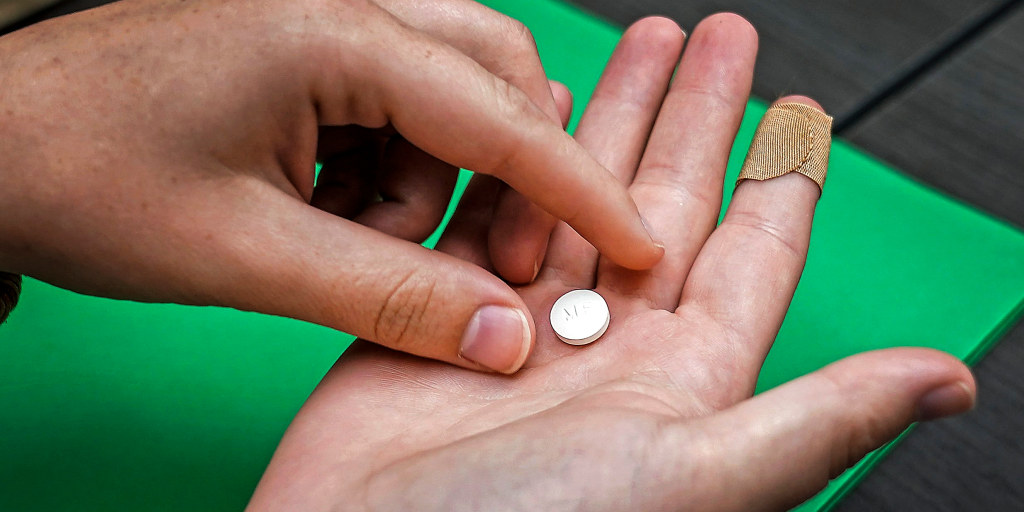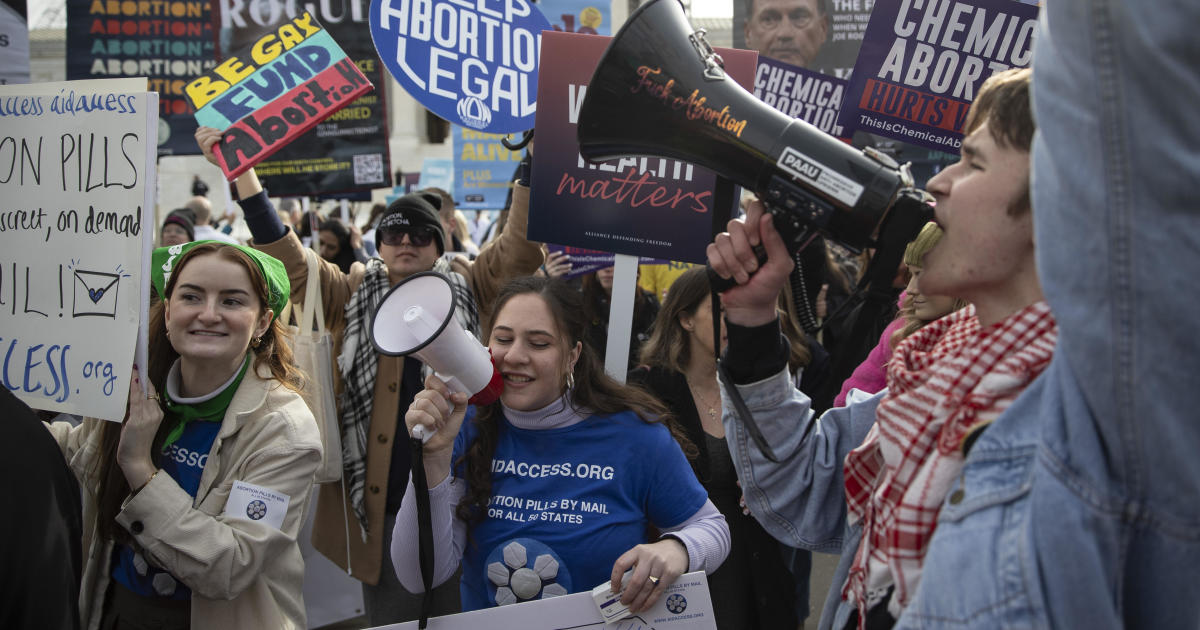In a significant decision, the Supreme Court on Thursday rejected a challenge against the availability of the widely used abortion pill mifepristone. This ruling, the first major abortion-related decision since the reversal of Roe v. Wade, preserves access to the drug. The unanimous verdict from the justices was based on procedural grounds, determining that the plaintiffs lacked the legal standing to sue.
Legal Challenge and Supreme Court Decision
The case was brought by a group of anti-abortion doctors and medical associations who argued that the FDA had improperly approved mifepristone and relaxed its regulations in 2016 and 2021. These changes made the drug easier to obtain by allowing it to be taken later into a pregnancy, expanding the types of healthcare workers who could prescribe it, and lifting the in-person dispensing requirement, enabling the pill to be mailed.

However, the Supreme Court, led by Justice Brett Kavanaugh, found that the plaintiffs did not have the legal right to challenge the FDA’s actions. Kavanaugh wrote, “Under Article III of the Constitution, a plaintiff’s desire to make a drug less available for others does not establish standing to sue.” The decision emphasized that the plaintiffs failed to show how they would be injured by the FDA’s actions, thus federal courts were not the appropriate venue for their concerns.
Implications of the Ruling
The decision upholds the FDA’s recent steps to make mifepristone more accessible, a drug that has been taken by over 5 million patients since its approval in 2000. The FDA reports that serious adverse events related to mifepristone are exceedingly rare. The ruling does not prevent other challenges to the drug, but it maintains the current regulatory framework that allows for its widespread use.
The ruling also impacts states’ abilities to restrict access to mifepristone. Although three states—Idaho, Kansas, and Missouri—sought to intervene in the Supreme Court case, their request was denied. However, they were allowed to join the suit at the district court level, indicating that litigation on this matter will continue in various forms.
Reactions and Future Perspectives
The Supreme Court’s decision has elicited varied reactions. President Biden highlighted that the ruling keeps mifepristone accessible, underscoring the ongoing fight for reproductive freedom. “Today’s decision does not change the fact that the fight for reproductive freedom continues,” he stated, emphasizing the challenges women face in many states following the reversal of Roe v. Wade.
On the other hand, Erin Hawley, the lawyer representing the doctors, expressed disappointment and vowed to continue advocating for stricter regulations on abortion drugs. She emphasized the need for safeguards like initial office visits to screen for ectopic pregnancies.
Meanwhile, Danco Laboratories, the manufacturer of mifepristone, welcomed the ruling. Abigail Long, a spokeswoman for the company, stated, “By rejecting the Fifth Circuit’s radical, unprecedented, and unsupportable interpretation of who has standing to sue, the justices reaffirmed longstanding basic principles of administrative law.” She noted that the decision maintains the stability of the FDA drug approval process, which is crucial for patients, healthcare providers, and the pharmaceutical industry.

The Supreme Court’s ruling not only preserves access to mifepristone but also underscores the importance of legal standing in challenging regulatory decisions. As litigation continues, the broader implications for reproductive rights and FDA regulatory authority will remain significant areas of focus.
